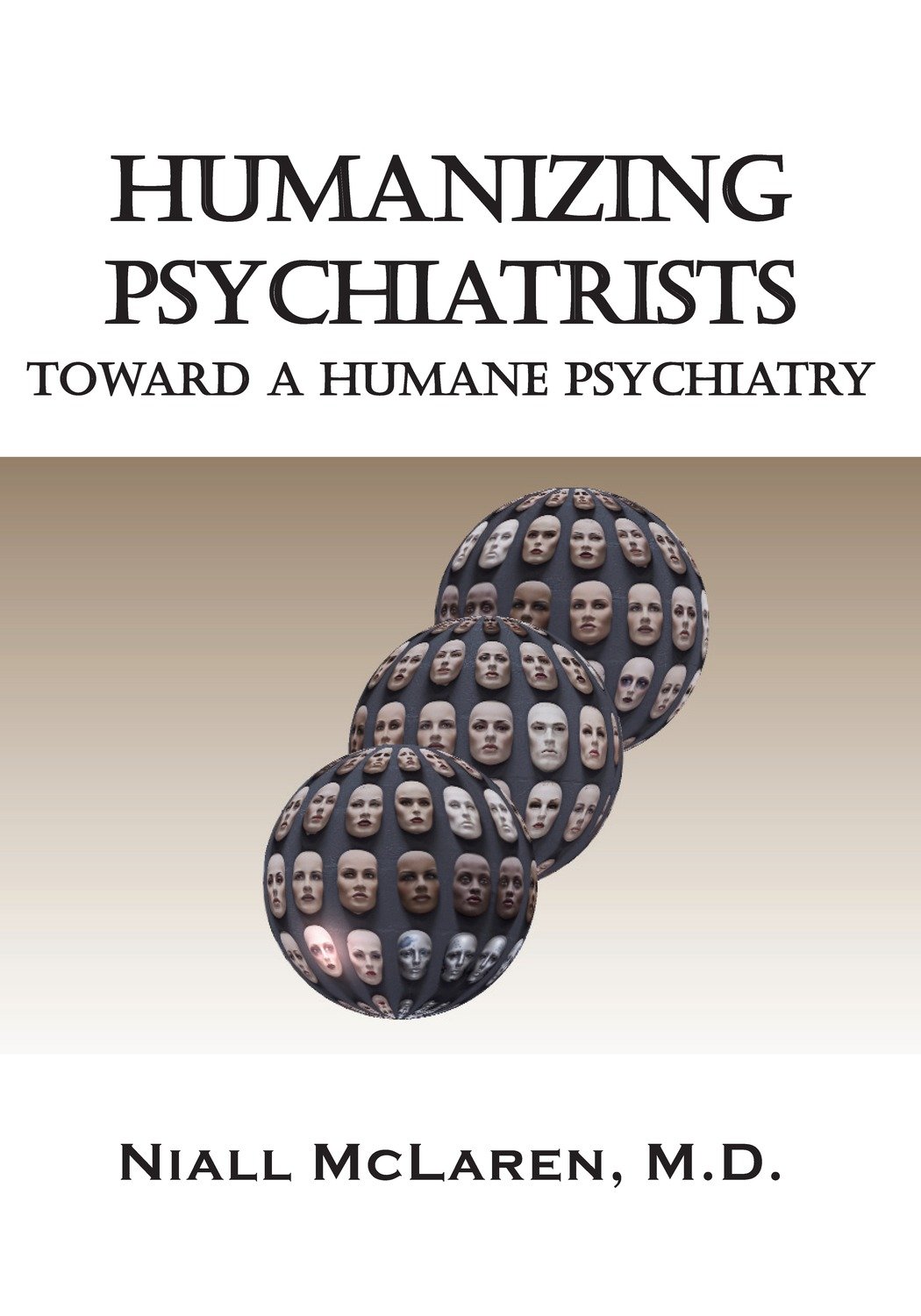Writing
Conversation Cards—A thoughtful and engaging, family-friendly gift for Mother’s Day, Father’s Day, and Graduation
 Diana Raab, author of Writing for Bliss: A Seven-Step Plan for Telling Your Story and Transforming Your Life has developed these easy-to-use Conversation Cards that are great for the budding writer in your life, such as Mom, Dad, or grads — or spoil yourself with a treat.
Diana Raab, author of Writing for Bliss: A Seven-Step Plan for Telling Your Story and Transforming Your Life has developed these easy-to-use Conversation Cards that are great for the budding writer in your life, such as Mom, Dad, or grads — or spoil yourself with a treat.
You can get the cards on the Etsy Store or you can get a free set when you sign up for Diana Raab’s monthly newsletter!
CONVERSATION CARDS FOR MEANINGFUL STORYTELLING is a deck of 28 individually designed cards created to facilitate engaging connections with family and friends.
Based on the award-winning book, “Writing for Bliss: A Seven-Step Plan for Telling Your Story and Transforming Your Life”, this physical deck of cards is printed professionally in 4-color on heavy stock. Each set of cards arrives in a pearlized drawstring pouch.
SAMPLE QUESTIONS:
- What historical event has shaped your life?
- What’s the most adventurous thing you’ve done?
- What is the biggest lesson you’ve learned?
SOME SUGGESTED USES:
- Family dinner table storytelling
- Weekends with the grandparents
- Personal journaling prompts
- Virtual group chats
- The possibilities are endless!
FORMAT:
• 28 physical cards in the deck
• Each card is 4 inches X 4 inches square




